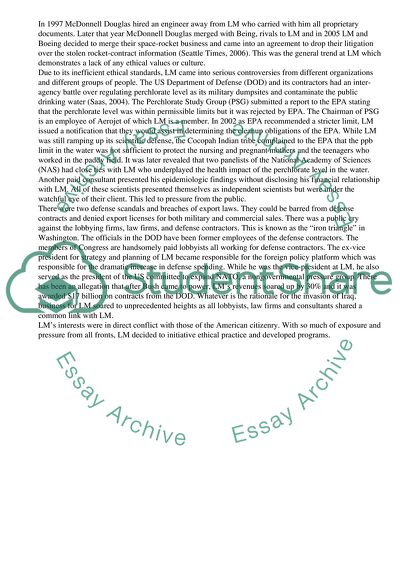Cite this document
(What Are the Corporations' Ethical Dilemmas Case Study, n.d.)
What Are the Corporations' Ethical Dilemmas Case Study. Retrieved from https://studentshare.org/business/1709766-ethics-in-management-and-organizational-behavior
What Are the Corporations' Ethical Dilemmas Case Study. Retrieved from https://studentshare.org/business/1709766-ethics-in-management-and-organizational-behavior
(What Are the Corporations' Ethical Dilemmas Case Study)
What Are the Corporations' Ethical Dilemmas Case Study. https://studentshare.org/business/1709766-ethics-in-management-and-organizational-behavior.
What Are the Corporations' Ethical Dilemmas Case Study. https://studentshare.org/business/1709766-ethics-in-management-and-organizational-behavior.
“What Are the Corporations' Ethical Dilemmas Case Study”, n.d. https://studentshare.org/business/1709766-ethics-in-management-and-organizational-behavior.


